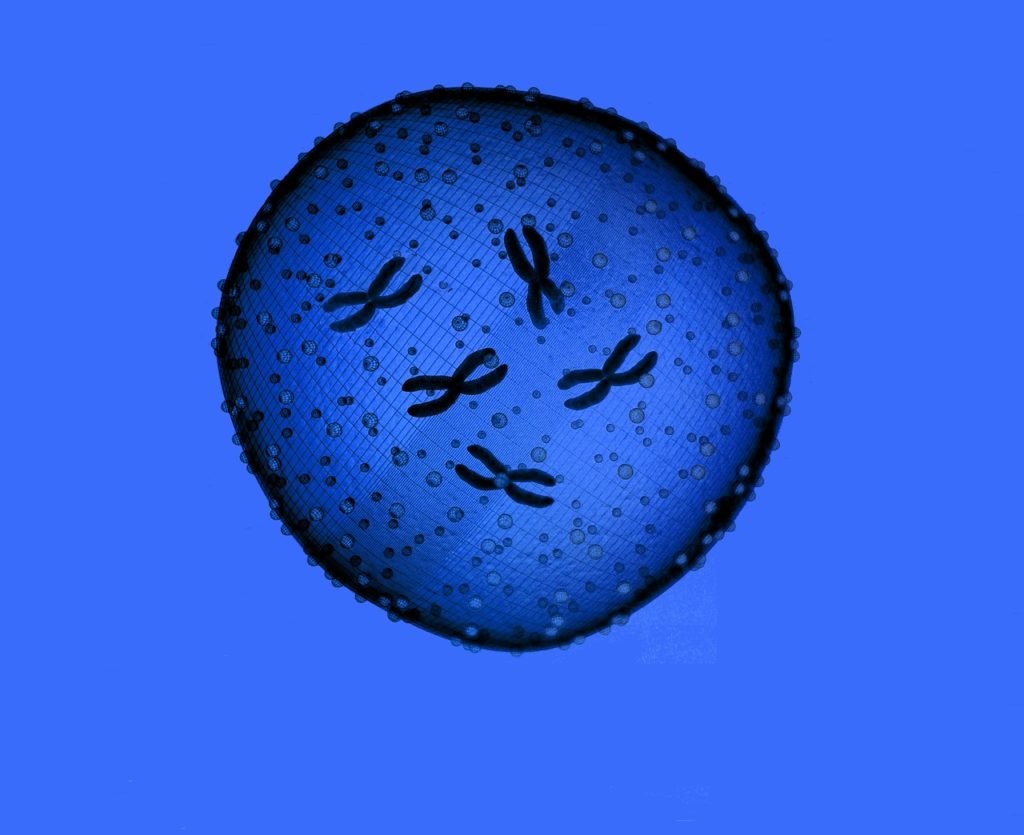
Dr. Niels Pedersen, a distinguished emeritus professor at the UC Davis School of Veterinary Medicine and a renowned expert on infectious and immunologic diseases in dogs and cats, provides the following: There is absolutely no evidence to link coronavirus infections of cats with the disease in humans. Coronaviruses exist in most animals and are very species specific. Almost every animal species has its own coronavirus, and in some cases more than one. Coronaviruses exist in most of the species that come in close contact with humans, such as dogs and cats. The feline and dog coronaviruses, which people are most interested in, do not infect humans and vice versa. Humans have their own genetically distinct types of coronaviruses. However, cross species transfer does occur, but only after significant mutation and over many years, centuries and millennia. Therefore, it is possible that a coronavirus originating in a cat or dog could mutate and enter humans and cause disease in the future. If it does, it will become a human virus and no longer a cat or dog virus. The more complex answer goes like this: Coronaviruses have adapted themselves by mutation over a period of 50,000 years or more to virtually every species of animal, including humans. They only cause disease in their new species and tend to remain in that species in whatever genetic form that allowed adapt to their new hosts. The various coronaviruses have been sequenced and their relationship to each other determined. The common cold-causing coronaviruses of humans (OC43, 229E and NL63) are in the alphacoronavirus group, along with the coronavirus of cats (and dogs). The more recently humanized strains of coronavirus, MERS, SARS and Wuhan (2019-nCoV) have jumped over from the betacoronaviruses of bats, possibly by intermediate infection of other animals such as camels and civet cats. MERS and SARS coronaviruses did not quite make the jump from other species to humans, and died out. However, the Wuhan coronavirus appears to have successfully adapted to humans (i.e., it has become humanized). There is absolutely no evidence that viruses with strong genetic relationship to the coronaviruses of cats and dogs transmit back and forth between animal and human. However, the tendency for coronaviruses to jump species is an ongoing and future problem and a dog or cat coronavirus may enter humans and cause disease sometime in the future, but if it should ever humanize, it will no longer be a cat or dog virus, but rather a new human virus. |
